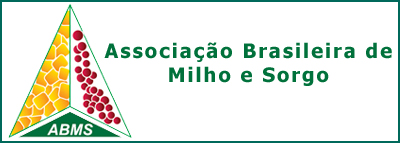PHYSIOLOGICAL RESPONSE OF CONVENTIONAL AND TRANSGENIC MAIZE TO WATER STRESS
DOI:
https://doi.org/10.18512/rbms2020v19e1144Keywords:
Zea mays, Bacillus thuringiensis, chlorophyll fluorescence, genetic modificationAbstract
Genetic modifications of plants can affect their ability to use environmental resources. It is known that the anthropic action has caused global climate changes, such as increases in temperature and drought. In view of this, the objective of this study was to evaluate if the addition of the Bt gene influences the physiological performance of isogenic maize hybrids grown under water stress and optimal conditions. Three Bt and non-Bt maize hybrids (Agromen 30A95, Dow 2B707 and BG 7049Y) were cultivated in soil with moisture content at 60% (water stress) and 100% of the field capacity (FC). Among the hybrids, the 30A95 presented greater variation between Bt and non-Bt hybrids in regard to physiological variables. The addition of the Bt gene practically had no impact on the photosynthetic performance of the 2B707 and BG7049 hybrids. The presence of the Bt gene increased the sensitivity to water stress in the hybrids, with reduction of maximal fluorescence and chlorophyll content in the plants. Regardless of the genetic factor (Bt or non-Bt), water stress reduced transpiration, stomatal conductance, photosynthetic rate, and maximum quantum yield of the PSII in maize plants. It was concluded that the presence of the Bt gene in maize indicates a reduction in the photosynthetic potential of the plant grown under water stress.
Downloads
Published
How to Cite
Issue
Section
License
Authors retain copyright and grant the journal right of first publication with the work simultaneously licensed under the Creative Commons Attribution License that allows the sharing of work and recognition of the work of authorship and initial publication in this journal.
Authors are able to take on additional contracts separately for non-exclusive distribution of the version of the paper published in this journal (eg, in an institutional repository or publish as a book), with acknowledgment of its initial publication in this journal.
Authors are permitted and encouraged to post their work online (eg, in institutional repositories or on their website) at any point before or during the editorial process, as this may leadto productive exchanges, as well as increase the impact and citation of published work.



